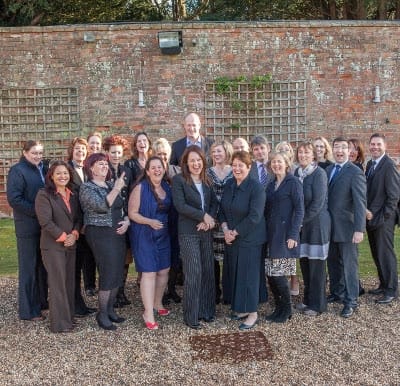We have spent the last two weeks encouraging people to put Children First in divorce. In a final blog of this dedicated campaign, our lawyers list some of their key advice from years of experience of helping families through separation.
Over the last two weeks, we have been signposting a lot of advice around children and divorce for our campaign, Kids First – supporting families through separation. If this helps just one separating couple rethink their approach and agree to do everything to put their children at the centre of all decisions, it will have been a success.
We also hope that there will now be greater awareness about where a whole range of free resources can be accessed by families going through crisis. There has been a lot of direct input from our lawyers throughout. Some of this has come through articles, some through blogs, and there have been a lot of golden nuggets of advice that we have Tweeted and put on Facebook – steps people can take to make things better for children going through divorce.
Some have been simple dos and don’ts to keep in mind and steer decisions. Others have been more philosophical about outlook and attitude that will make the process better for everyone involved, not just the children. A few have been very practical. We thought it worth collecting these together as a simple reference guide of advice from a team of experienced family professionals who have dealt with all sorts of cases involving children and so are undoubtedly qualified to give advice.
Lawyers’ advice on making divorce better for kids
- Don’t “sling mud” at your partner in front of the children
- Don’t debate the mechanics of the divorce in front of them – but do make sure you keep them informed at every step (not knowing is scary)
- Do keep lines of communication open and be respectful to one another, children notice more than you think
- Don’t use children as messengers or go-betweens
- Do not argue in front of your children (this goes for all parents, whether you are separating or not)
- Do try to see things from the child’s perspective and consider their wishes when making arrangements for them to see both parents
- Do put your child at the centre of all the decisions you make – ask yourself ‘what will my kids thank me for in 5 years time?’
- Don’t go to court. Always, always try to reach agreement without having to get a judge involved.
We do appreciate that it is easy to talk about being calm and amicable in discussions with your soon-to-be ex – but much, much harder to put into practice. This is why it may be advisable, early on, to seek third party help, perhaps a mediator or opt for a collaborative approach to divorce. These routes can help to keep things civil when you cannot do it yourselves.
It is much better to reach agreement by consent rather than getting the court to make a ruling. There are the obvious time and money advantages, as well as it being traumatic for the children, and you are more likely to get a result everyone can live with, but it will also help foster the right attitude for joint decisions you will have to make in the future. You will continue being their parents, even when you stop being man and wife. The future relationship will be more harmonious – and this has to be better for the children. They will see their parents getting along and this can help lessen the blow of the breakdown in the family unit.
And, as a final note, remember your child still loves your ex, even if you don’t. That should at least be enough to help you remain civil to your ex and do the right thing. You loved each other once too. Do this for your kids.


